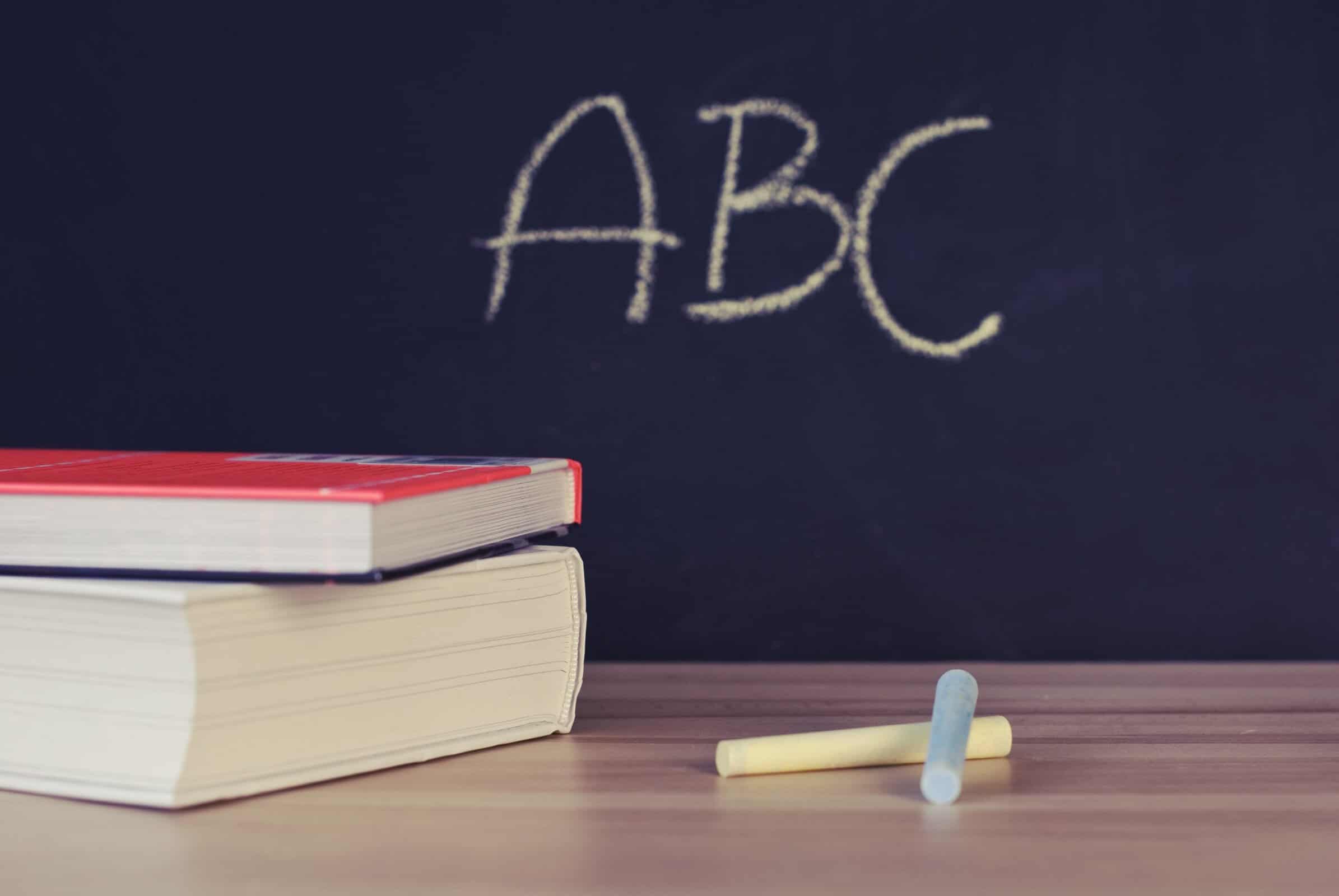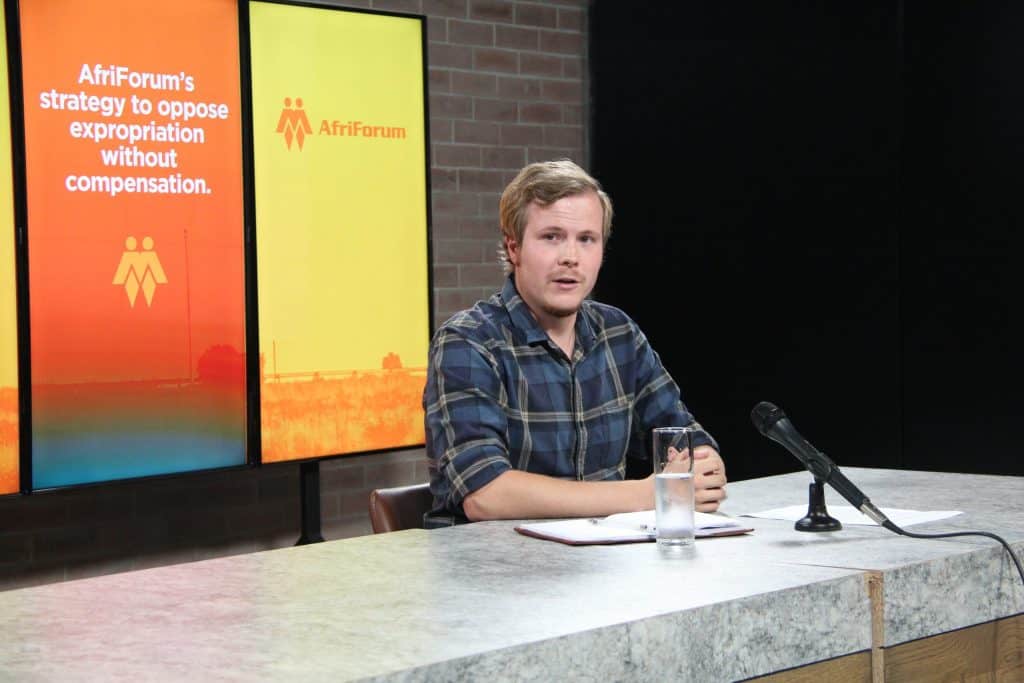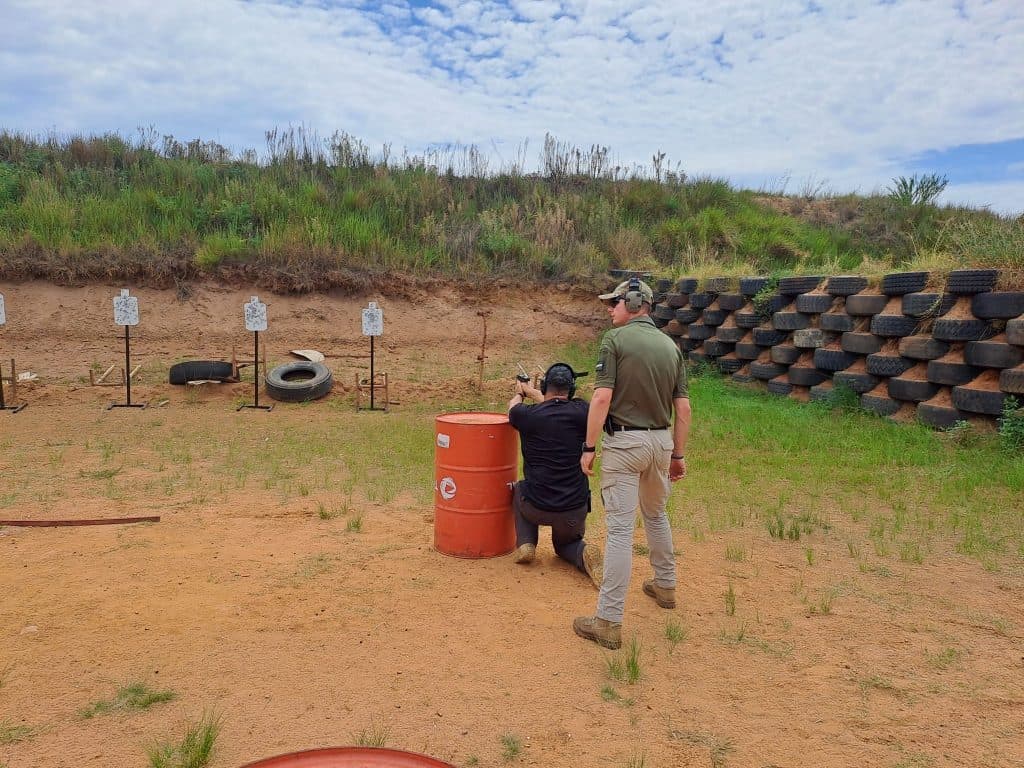For as long as I can remember, all I ever wanted to be was a teacher, but as a high achiever at school I was discouraged by many people to study teaching. I completed a BSc degree, worked in business for seven years, and decided that I wanted to follow my dream. Which I did. I have never looked back.
I taught in South Africa at a public Afrikaans high school for six years, after which I started teaching at a Catholic Girls’ School for the next seven years. I was lucky that academic expectations were high in both schools. Learner behaviour was relatively good in the public school, and exceptional at the private school.
In 2014, we moved to the UK after my husband was transferred by his company. I taught for two years in a public high school about half an hour’s drive from Oxford. The first few months was very tough, as behaviour was very poor, especially in years 7-11 (equivalent to grade 6-10 in SA). Also, the schools have a very specific format of how lessons should be structured, and initially I resisted the change. I decided to dive in at the deep end and completed my Qualified Teacher Status through Reading University in my first year of teaching. It was a lot of hard work, but it helped me understand the system and prove to myself that I could be successful as a teacher in the UK.
Living in the UK is great from a historic perspective and for the many travelling opportunities, but my husband and son found the climate and grey whether very depressing. We decided to head for Australia. My husband found work in Darwin and we moved from one extreme to the other, as Darwin has a tropical climate with a wet and dry season. Temperatures rarely drop below 30 degrees and humidity is extremely high during the wet season. I was fortunate to be employed immediately after our arrival in Term 4 of the academic year. However, the lack of respect and appalling behaviour of learners at this school prompted me to start looking for a different position very soon. I finished the academic year and started at a local private high school well-known for academic excellence and good behaviour. I am still at this school.
So… What have a I learnt from the past 18 years’ teaching in 5 different schools in 3 different countries? (Disclaimer: My observations are purely from personal experience based on the schools I have taught at. It is entirely possible that other teachers in my position have had very different experiences.)
Good South African schools, both private and public, are in no way inferior to schools in the UK and Australia.
In the junior high school years (grade 8-10), SA learners are expected to achieve more and work harder than their counterparts in the UK and Australia.
I found that the curriculum in the senior years (grade 11 and 12) is richer and has more depth than in South Africa, but learners have less subjects and can therefore cope better with this fuller curriculum.
South African learners and teachers are extremely hard-working and usually very successful when moving to schools in other countries.
Learners in SA spend far more time doing homework than in Australia and the UK. In both these countries, my learners expect one written homework task once a week. Daily homework as in SA is unheard of and would possibly be considered child abuse (tongue in cheek)!
In Maths, a C in South Africa is 60%, in the UK it can be as low as 29% (yes, that is not a typo), and in Australia a C is 55% in the Junior High School years and 50% in the senior years.
The education system I currently teach in allows for learners to retake assessments in order to improve their grades, and teachers have to mark draft assignments and give learners feedback in order to achieve the best possible grades. In the UK, all learners have to show improvement from one report to the next.
South African learners are much more comfortable with writing exams, as they get used to it from an early age. In the UK, the first exams are written at GCSE level, which is age 16. Here in Australia, they write a few exams from approximately age 14, but only in 3-4 subjects, all completed in one week.
Learners in SA cope much better with heavy workloads and busy extracurricular activities. These activities do not form a huge part of the school day in the UK and Australia, and are often done privately and at sports clubs.
Teachers in the UK and Australia find reasons to praise learners for small achievements or improvements all the time, whilst in SA we seemed to always be setting the bar very high for success.
In my experience, SA learners are far more resilient than their UK and Australia counterparts.
In both Australia and the UK, the teaching profession is held in much higher regards than in SA. Teachers are respected and well-paid, and schools try to give teachers a work-life balance, although that is always a difficult goal to achieve.
As a teacher, I have learnt that you are never too old to learn! I left SA as an experienced teacher but had to unlearn certain habits and learn to fit in with new ways of teaching. In the UK I learnt many new techniques which I have used very successfully since, and for that I am very grateful.
I have also learnt that in a new system, you have to be willing to start at the bottom of the career ladder, so to speak. I left SA as the principal of a high school and had to go back to full-time teaching in the UK, teaching 11-12-year olds, which was very challenging! I never felt confident enough in the two years in the UK to put myself forward for promotion… I still had too much to learn! After two and a half years in Australia, and having familiarised myself with the local educational system, I have again been in a position to apply for and be given the opportunity to lead a department, which I am really looking forward to.
In closing: SA, you do not need to stand back for learners and teachers in other countries. Believe in yourself and continue to work hard to achieve your goals.
Share on
Latest articles




















